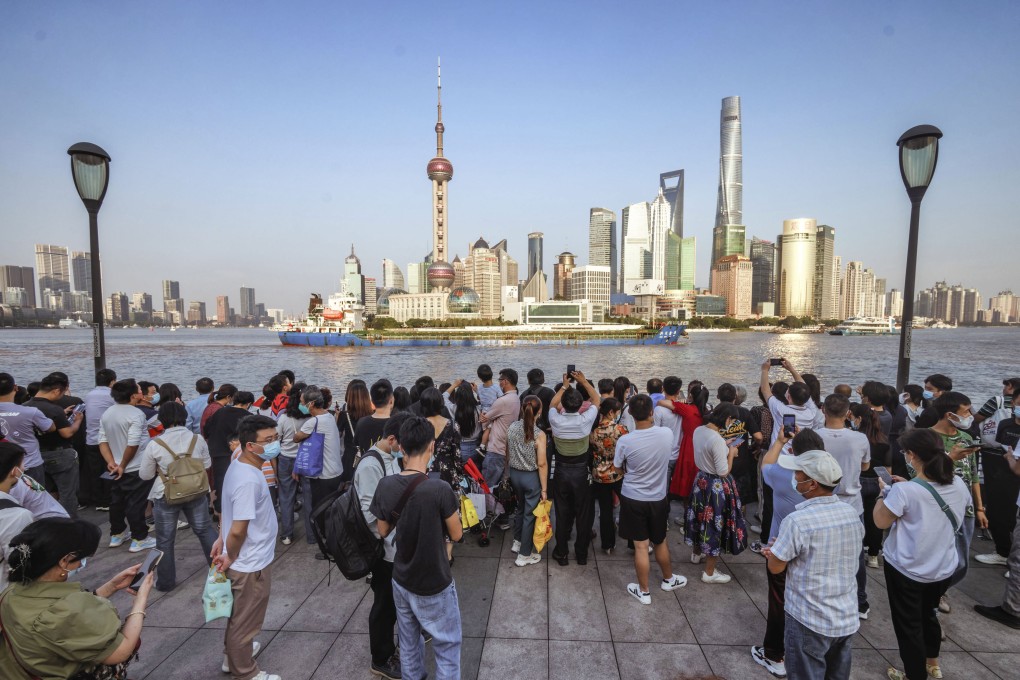China’s resort and hotel operators await windfall as National Day holiday set to unleash pent-up demand, inflate room prices
- In some cases, pent-up demand will allow hotel and resort operators to raise prices by as much as 10 times during the forthcoming national holiday
- Many onshore-listed travel-related companies have managed to turn around their business this year since China abandoned its zero-Covid policy

China’s National Day holiday, known as the Golden Week peak season, runs from September 28 to October 6, freezing the local financial markets and bringing most economic activity to a standstill.
“A business boom during the National Day holiday is a certainty,” said Andrew Xu, co-president of Fosun Tourism Group, who is also the CEO of its resort business Club Med. Tourists will rush to reserve air tickets and hotel rooms in early September, and “room booking is already strong and prices will be raised,” he added.
“Businesses will be busier than during the Labour Day holiday [in May] because pent-up travel demand will be unleashed over the longer [National Day] holiday,” he said.
Fosun Tourism is the Hong Kong-listed leisure business unit of Fosun International controlled by mainland Chinese billionaire Guo Guangchang. Its assets include Club Med, which operates all-inclusive holiday resorts worldwide.
